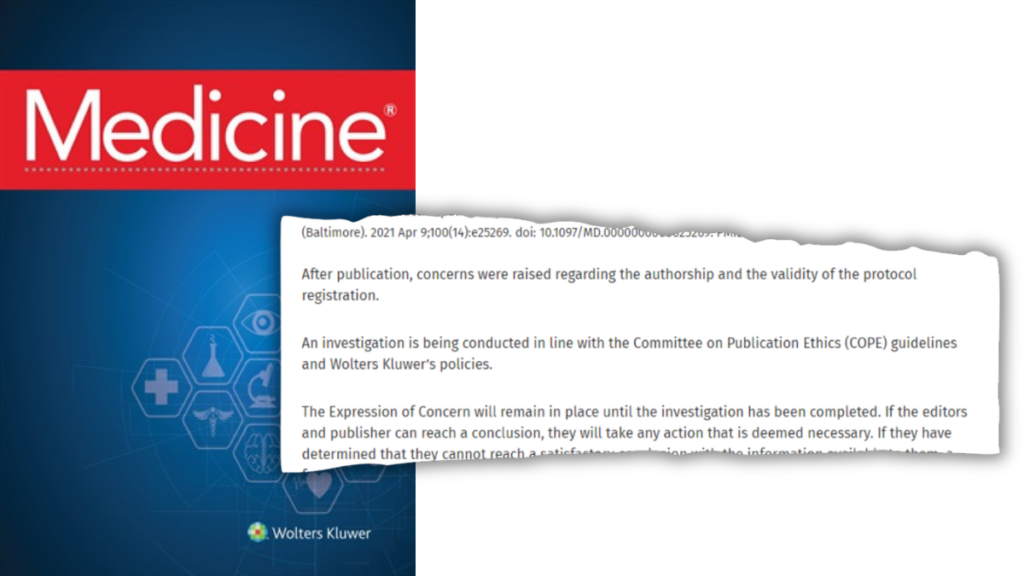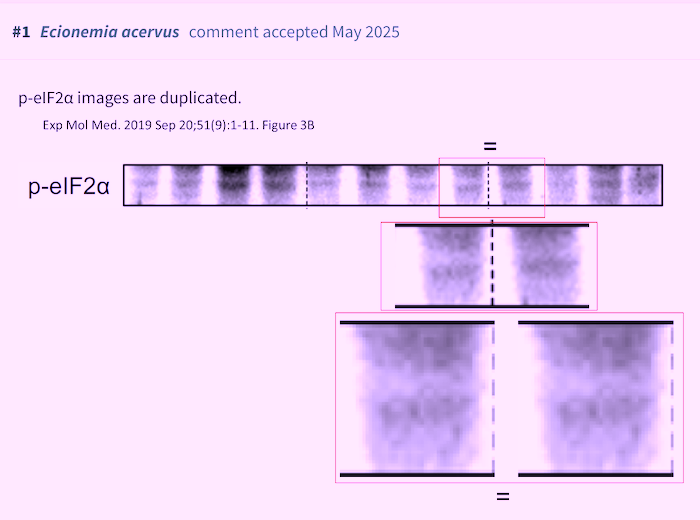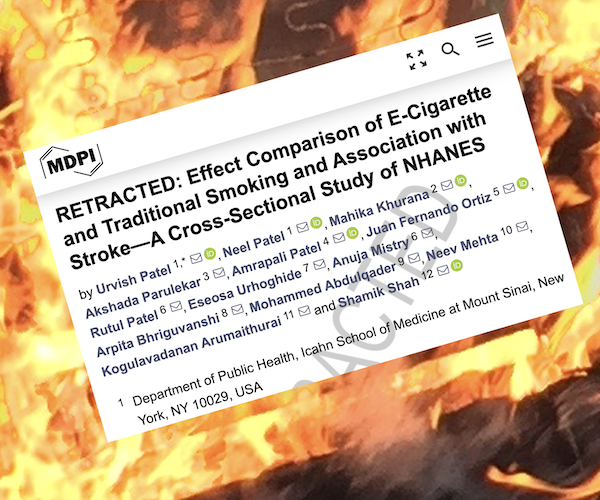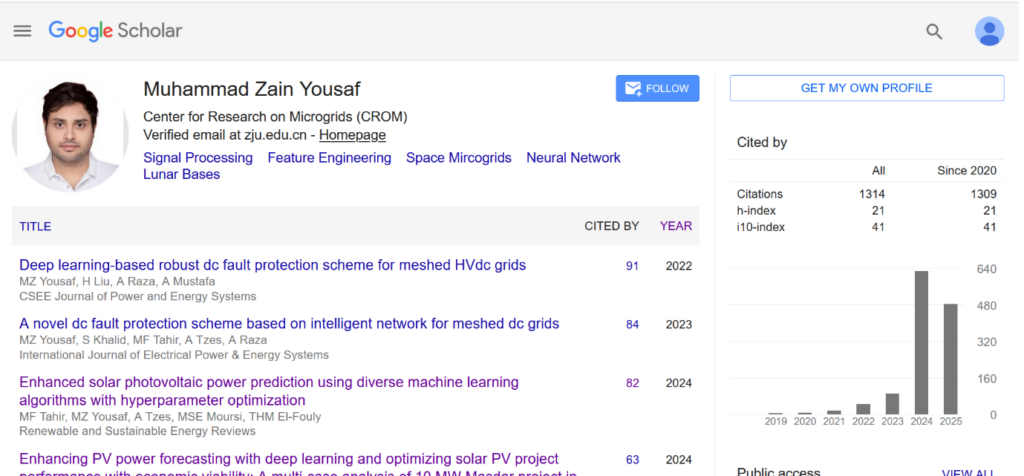
What started as a small editorial conundrum several years ago has turned into an expression of concern for dozens of papers in a medical journal, thanks to the work of an Australian physician and scientific sleuth.
In February 2022, we wrote about the decision by publisher Wolters Kluwer to retract a table that was missing in a paper in Medicine. In the end the journal pulled the whole article, which described a protocol for a clinical trial, because its authors had “not responded to multiple requests.”
The story left one reader intrigued. “I’ve never seen anything like that before,” said John Loadsman of the University of Sydney, an anesthesiologist and journal editor. “I thought, I’ve got to have a look.”
Continue reading Publisher flags more than 120 papers three and a half years after learning of problems







